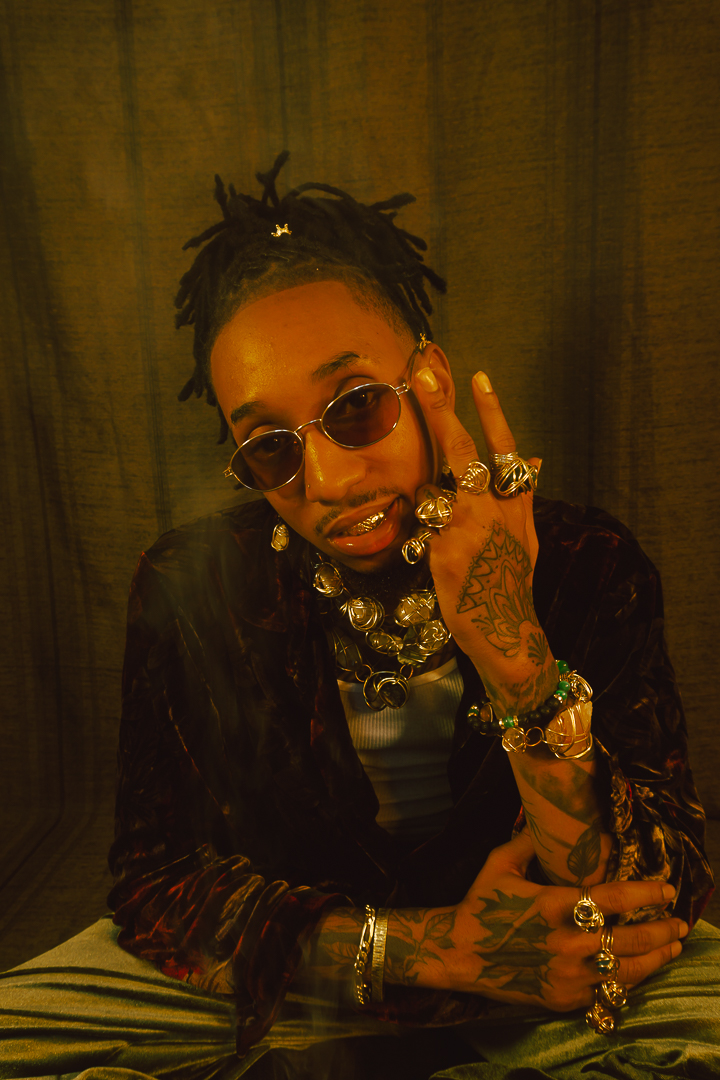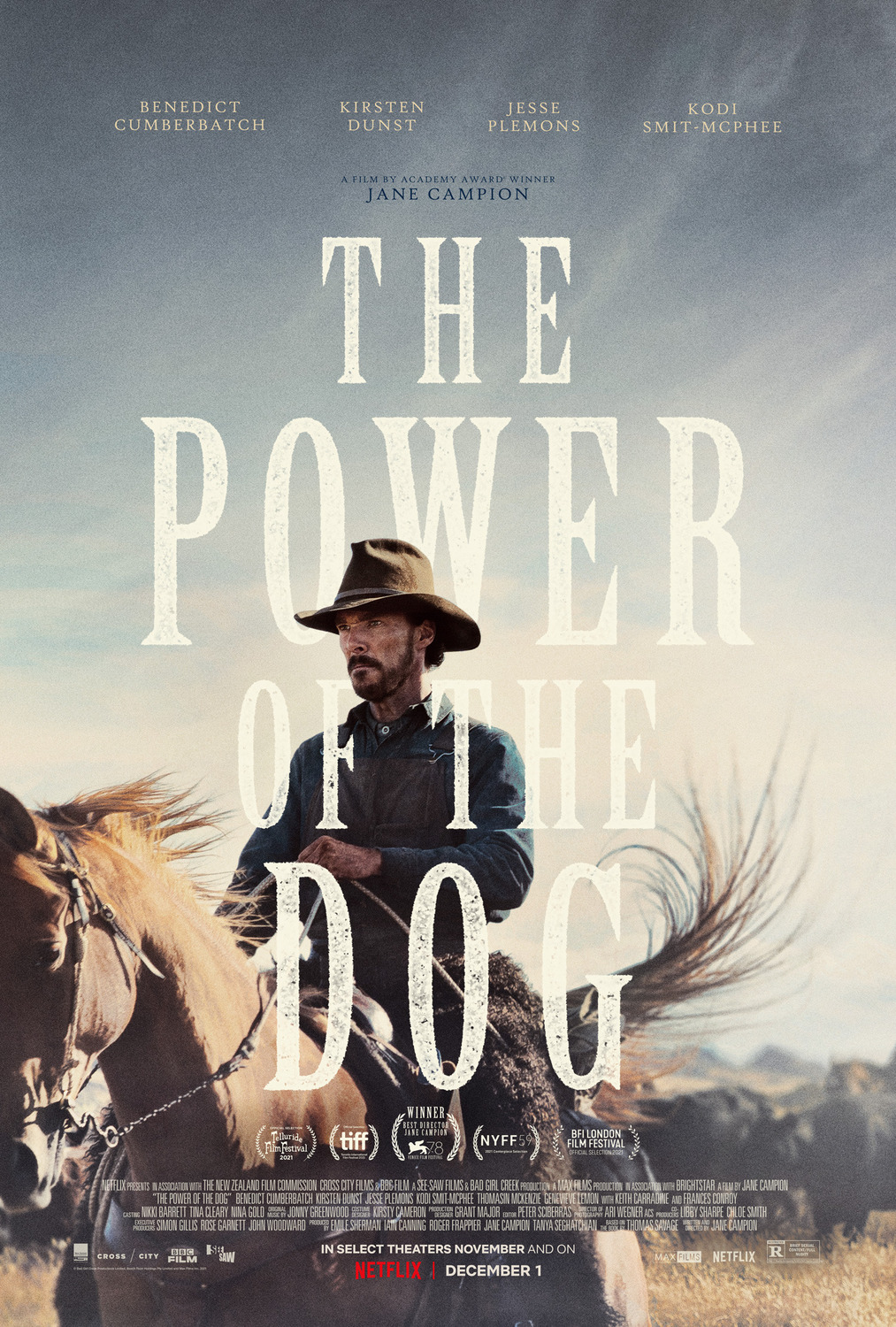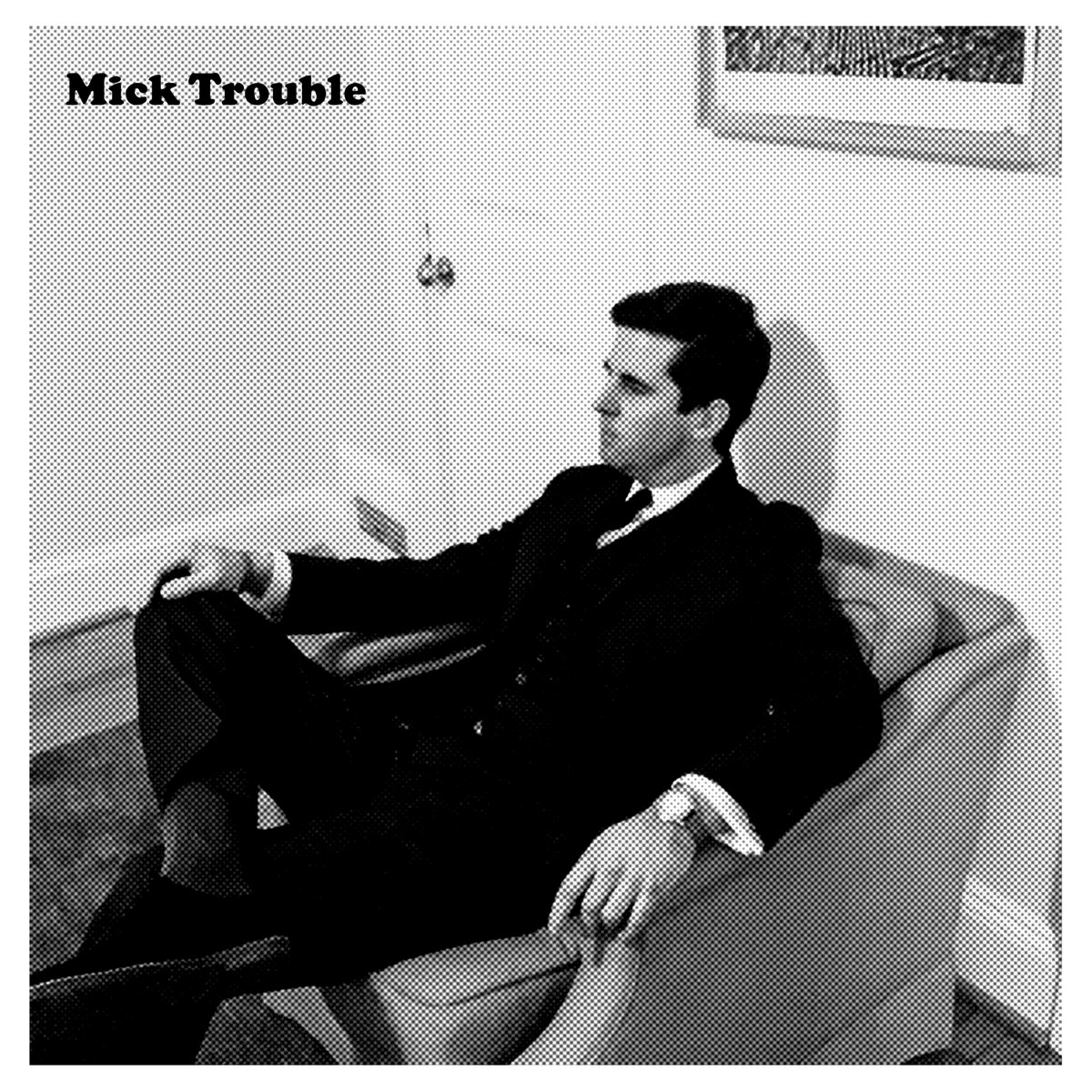Early voting is underway! Find out where to vote early in Chicago here.
The CHIRP Blog
DJ Mick writesThe CHIRP Radio Interview: JEFF K%NZ
 by CHIRP Radio DJ and Features Co-Director Mick R (Listen to his most recent shows / Read his blog)
by CHIRP Radio DJ and Features Co-Director Mick R (Listen to his most recent shows / Read his blog)
Rapper, painter, entrepreneur, all of these things are applicable to Chicago based artist JEFF K%NZ but none of them capture his essence on their own.
He’s a distinctive voice in the city’s hip-hop scene, tying together the worlds of DIY music and visual art under a name that speaks to his thoroughly modern sensibilities.
His latest album 2 Player Mode was produced by TheGr8Thinkaz members Rokmore and H.Kal-El (the later of which is actually his brother) and will take you to the next level as JEFF unlocks GOD MODE in this next stage of his career defining campaign.
His style of lyricism is singular and unique, a combination of earnestness, ingenuity and interpersonal insights that will activate the conscious centers of your brain as you jam on his flow. Check out our interview with JEFF below and listen to the full stream of 2 Player Mode here.
Editor's note: This interview was conducted over email on March 3, 2022. It has been edited very slightly for the sake of clarity. Photo credit: Ari Fauna
How did you get your start making rap music?
I started making rap music from following the lead of my older brother, producer H.Kal-El. He introduced me to the craft when I was 11 years old. From there I fell in love.
How did you decide on the name JEFF K%NZ?
My favorite contemporary artists name is Jeff Koons. Since I was in high school I've been a fan of Jeff’s work. It wasn't until I was in college when I discovered that I shared a similarity with Jeff sonically. Some of his more popular works are big, loud, expressive, shiny, and even provocative; I felt like my music was a sonic representation of him as an artist. With my name being Jeff, and me being a painter in my own right, it made sense to take on the persona as a rapper.
Kevin Fullam writesThe Fourth Wall: The Power of the Dog
 Welcome to The Fourth Wall, CHIRP's e-conversation on cinema. This week's subject is the 2021 film The Power of the Dog.
Welcome to The Fourth Wall, CHIRP's e-conversation on cinema. This week's subject is the 2021 film The Power of the Dog.
This edition is written by CHIRP Radio volunteers Kevin Fullam and Clarence Ewing.
Clarence Ewing:
In the opening scenes of Jane Campion’s 2021 Oscar-nominated film The Power of the Dog, the audience is treated to a familiar site in movie history: a good old-fashioned cattle drive. It’s 1925, and a group of herders leads a river of beef along the lonesome trail, nothing but blue skies and open scenery for miles. Not many Hollywood images get more American than that.
The group is led by two brothers, Phil (Benedict Cumberbatch) and George (Jesse Plemmons). Although the men under his command like and respect him, it’s obvious that Phil is a walking mix of tension and bile. If something annoys him, he’ll let that something know it, whether it’s his less-aggressive brother who he constantly insults and belittles, or the skinny, awkward-looking young man who serves the crew dinner one day at a hotel along the trail (Kodi Smit-McPhee), and who is the son of the establishment’s owner Rose (Kirsten Dunst).
Along the way, other names are mentioned: Old Lady and Old Gent Burbank. The Governor. Bronco Henry. The audience gets more details of these characters and how they relate to each other. Phil is a constant presence in everyone’s life, whether he’s physically there or not, and that fact drives the other characters’ actions and events forward.
Clarence Ewing: The Million Year Trip writesCHIRP Radio Weekly Voyages (March 28 - April 3)
Upcoming Events:
- Monday April 4: CHIRP Radio welcomes Sons of Kemet to Lincoln Hall
- Friday April 8: CHIRP Radio welcomes Adia Victoria to Evanston SPACE
- Tuesday April 19: CHIRP Radio welcomes FUZZ to Thalia Hall
- Tuesday May 10: CHIRP Radio welcomes Bambara to Sleeping Village
- Thursday May 12: CHIRP Radio welcomes Julianna Barwick to Lincoln Hall
On the Podcast:
- Jessi D converses with Adele Nicholas of Axons
On the Blog:
- Eddie S reviews 7 Academy Awards Best Original Song nominees
Top of the CHIRP Charts for the week of 3/28/22:
Mick Trouble – It's Mick Trouble's Second LP (Emotional Response)

Eddie writesMovie Tunes: 7 Best Songs Nominated for the Best Original Song Oscar
by Eddie Sayago
The Academy Awards, which honors all the artists who create cinema--despite the recent kerfuffle cutting airtime from various technical categories--sometimes recognizes some of the greatest artists who ever lived. And sometimes they don't.
These seven songs, all nominated for Best Original Song, represent both the movies they were featured in and bring a spotlight to the musicians behind them:
“Mean Green Mother From Outer Space” from Little Shop of Horrors (1986)
Music and Lyrics by Howard Ashman and Alan Menkel
Performed by Levi Stubbs
Years before briefly being the go-to team for creating music for Disney films, Howard Ashman and Alan Menkel were tasked for the music for Little Shop of Horrors, a off-Broadway musical that premiered in 1982, slowly becoming a cult hit.
I can’t imagine anyone else delivering both the gruff and sass required in “Mean Green Mother from Outer Space” than Levin Stubbs, especially with the lines “You better step aside/Better take a tip, boy/Want some good advice?/You better take it easy,/'Cause you're walkin' on thin ice.” (Stubbs is best known for being the lead singer of The Four Tops.)
Right after Little Shop of Horrors, the duo were invited to write music for The Little Mermaid, the film that launched Disney's Renaissance era. The music was a big factor in the success of the films the duo worked on, and would have continued beyond Beauty and the Beast and Aladdin.
Ashman died in 1991 from complications of AIDS, a few months before the release of Beauty and the Beast, which is his most accessible work as a lyricist. His finest work is "Mean Green Mother from Outer Space," a gem that continues to be belted out on stages around the globe four decades later.
Lost To: “Take My Breath Away” from Top Gun
CHIRP Radio writesCHIRP Radio Weekly Voyages (March 21 - March 27)
Speical Announcements:
- There's still time to contribute to CHIRP Radio's 2022 Spring Fundraising Drive! We're here for you, live and local, every day. Listener support makes everything we do possible. Show your belief in our work with a tax-deductable donation today!
Upcoming Events:
- Monday April 4: CHIRP Radio welcomes Sons of Kemet to Lincoln Hall
- Friday April 8: CHIRP Radio welcomes Adia Victoria to Evanston SPACE
- Tuesday April 19: CHIRP Radio welcomes FUZZ to Thalia Hall
- Thursday May 12: CHIRP Radio welcomes Julianna Barwick to Lincoln Hall
On the Podcast:
- Mick R has a conversation with Cloakroom
On the Blog:
- The 2022 Chicago Battle of the Bands is on!
- Eddie S takes a listen to 3 vestions of "Cold, Cold Heart"
Top of the CHIRP Charts for the week of 3/21/22:
Kaina – It Was A Home (City Slang)